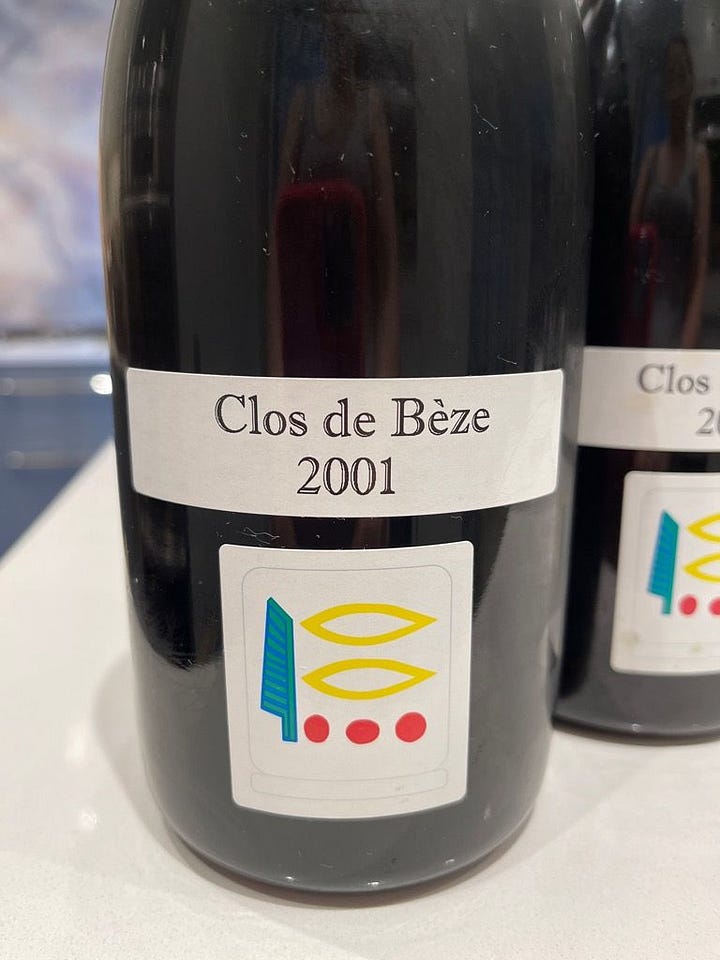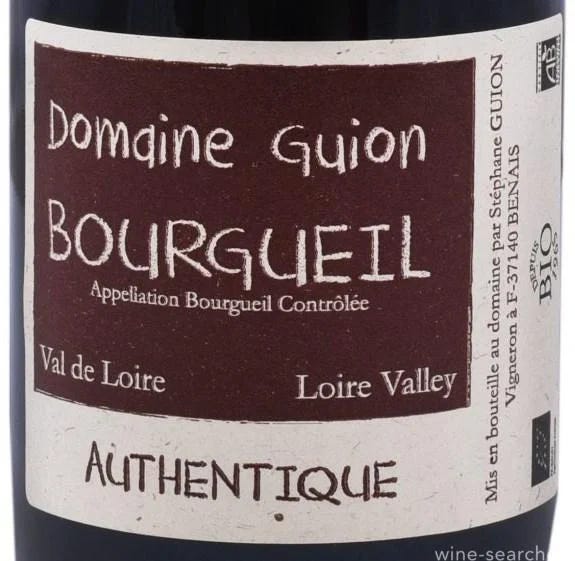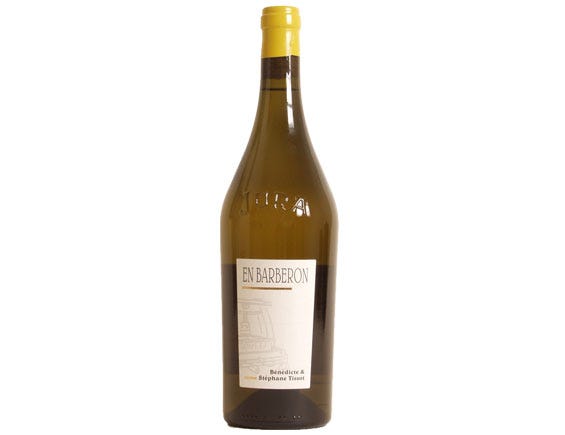In the cellar with… Alice Feiring
Let’s push the boundaries of exhilaration as we ask Alice Feiring, author and journalist, a few questions.
Wine accompanies the moments of our lives, from the most intimate to the most memorable. To explore this connection and introduce you to new cuvées, I interview winemakers, sommeliers, and enthusiasts about themes linked to the emotions of different occasions.
I met Alice Feiring a little over a year ago, during a talk hosted by the Parisian wine shop Centre Culturel. I had negotiated to be paid in bottles in exchange for asking her a few questions in public about her career, her relationship with wine, and her work philosophy — and I was very happy with the deal.
To me, wine isn’t such a thrilling topic in and of itself: you get the gist of it pretty quickly, and conversations often turn into competitions over experience, expertise, or memory. It’s starting to feel more and more like the contemporary art world, especially in the natural wine scene. So I was getting ready to throw in a few goofy questions — about white wine with cheese, Alice’s latest discoveries — and maybe trigger a few laughs with some good old Bordeaux bashing.
In France, Alice Feiring is often reduced to her role as a pioneer of natural wine, known for standing up to Robert Parker back when he reigned supreme over the wine world through the scores he handed out in the guide bearing his name. Her publisher likes to remind people that she regularly contributes to the New York Times, Los Angeles Times, and Time Magazine, that she’s written several landmark books on the subject, won the prestigious James Beard Award, and received the Gourmand Award for Best Wine Book of the Year in 2017 for Skin Contact. Wine, wine, and more wine.
But none of the accolades, bios, or honors had sparked much excitement in me. Which is probably why reading her book To Fall In Love, Drink This: A Wine Writer’s Memoir (Simon & Schuster, 2022, published in French by NouriTurfu) threw me off so much.
Alice Feiring is far more than just a journalist who writes about wine. She’s a major author — someone who looks at the world as it is and approaches, not with “bravery” (a word I kept seeing), but with rare honesty, the political and social issues of our time: power dynamics, economic and social brutality, the barriers to passing down knowledge, the challenge to universalism. Her books are literary nonfiction in which she is the main character — and wine, in her hands, becomes what it perhaps should always be: a lens through which to explore the world and the people in it.
A tireless traveler, Alice sparkles with wit and curiosity. She meets you with the same raw authenticity as the wines she defends — and it’s completely disarming.
The night of the talk, sitting across from her, I experienced stage fright like never before — I swear on everything I hold dear, it had never happened to me. Roland Barthes defined stage fright as “a kind of trembling (like the flush of a blush from shame or emotion)” and identified two types: the ordinary kind, rooted in fear of failure, and the romantic kind, the fear of your own undoing. I drank a full glass of both, shaken by the raw sincerity of Alice Feiring’s storytelling. And then I was reminded of a simple truth — the kind worth remembering whenever you dare to write: there are no boring subjects, only uninspired storytellers. Thanks to Alice Feiring, wine becomes a lens through which to see the world in new and unexpected ways.
For the eighth episode of “In the cellar with…”, Alice Feiring has taken on my wine-themed Proust questionnaire.
What do you think is the greatest virtue of wine?
Hard to pick one, but I’ll go with the way it brings people together. It is a way of finding your tribe.
…And what more enormous flaw could there be?
The ability to destroy lives and livers.
Which vintage for a special occasion?
It might be a copout, but I don’t think in terms of vintages for special occasions. Though if someone could give me a bottle of 1955 Cappellano Barolo, or a 2001 Prieure Roch Chambertin Clos de Bèze or a 1999 (or 1987) Overnoy Vin Jaune, I’d be very grateful.


…And for a non-occasion?
A house wine is reliable, enjoyable, and inexpensive; for me, that’s Domaine Guion, Bourgueil.
Which wine for love?
Poulsard from a great producer with about five years of age.
…And for an amicable breakup?
House wine or a good solid Rkatsiteli or lambrusco.


What about a wine for my father, who is convinced he doesn’t like natural wine?
For red: Antoine Lienhardt Emphase. An old fashioned Saperavi, let’s say from Nikalas Marani or Eric Texier Saint-Julien en Saint-Alban. For white: 2020 Tissot En Barberon
A bottle to gift someone who doesn’t like wine?
Mezcal.
What’s your definition of the French word ivresse, which means both exhilaration and inebriation?
Delirious drunkenness and the sly transported to another world.
Where’s the best place on earth to taste wine?
Pierre Overnoy’s backyard.
... And, in your opinion, who is the best companion to enjoy a glass of wine with?
John Wurdeman, Pascaline Lepeletier or Bill Fitch, but if they’re not around, some whose joy in wine has not faded, who notices everything and listens to what is in the glass as much as the conversation
Last but not least, in the world of wine, is there a particular work you would personally like to highlight?
Edith Somerville and Martin Ross wrote several books together (I don’t understand how people do that), but their In the Vine Country (1893) about a visit to Bordeaux is just so fabulous.
You can read (you should) Alice Feiring by subscribing to her Substack page, The Feiring Line.





